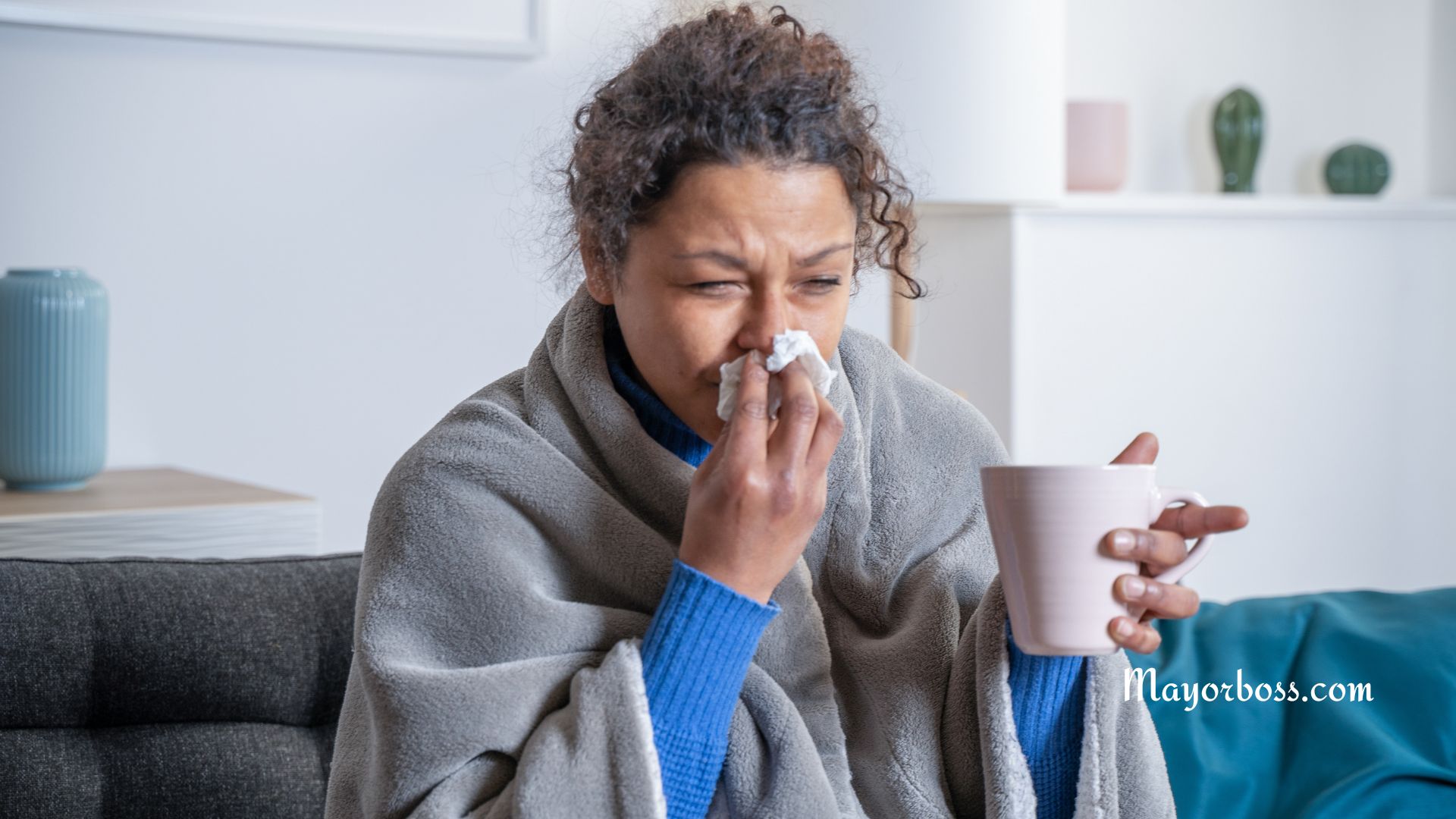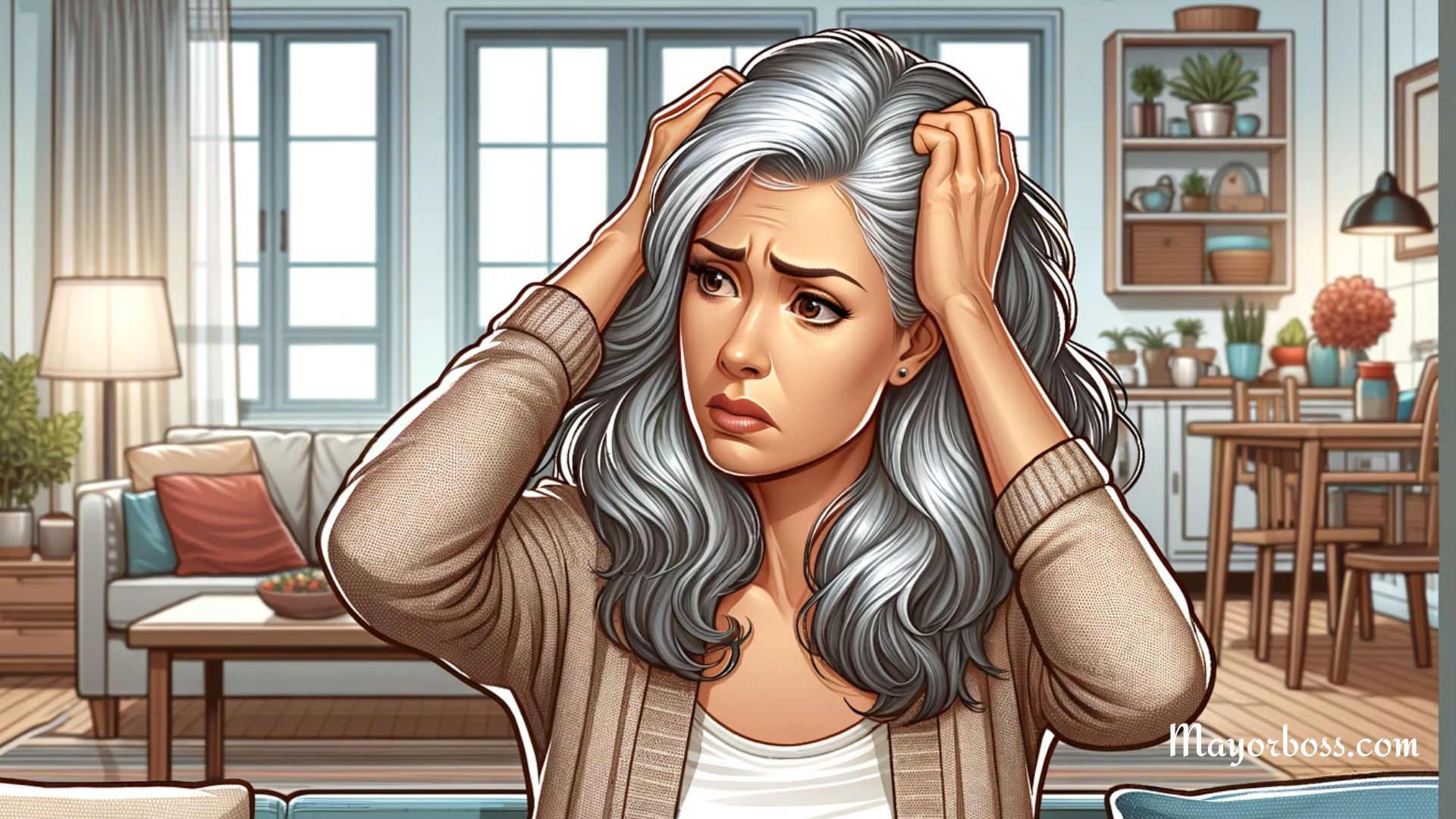Common Cold: Symptoms, Treatment, and Prevention
The common cold is a virus that affects your nose and throat, which are part of the upper respiratory system. It’s usually caused by different types of viruses, most often rhinoviruses. While it isn’t usually serious, it can make you feel tired and uncomfortable for several days. The common cold spreads easily, especially in colder months, so knowing how it works can help you handle it better.

Common Symptoms of the Cold You Should Know
A cold often starts with a scratchy throat or an itchy nose. Soon, you might find yourself sneezing or dealing with a runny nose. Here are the common symptoms you might have:
- Sneezing: Sneezing a lot is one of the first signs of a cold.
- Runny or Stuffy Nose: Your nose might feel blocked or runny, and you’ll need lots of tissues.
- Sore Throat: You might have a scratchy throat that hurts, especially when you swallow.
- Coughing: You may get a dry or wet cough, depending on how your body reacts.
- Mild Headache or Body Aches: You could feel light aches in your head or body.
- Fatigue: Feeling extra tired, even after sleeping well, is common with a cold.
Colds usually develop over a few days, and symptoms are worse around the third day. They often get better on their own within a week or two.
How to Treat Cold Symptoms
There’s no cure for the common cold, but there are ways to feel better while your body fights the virus. Here are some ways to get relief:
1. Stay Hydrated and Rest
Drinking lots of fluids is one of the best things you can do for your body. Water, herbal teas, or clear soups help keep your throat moist and make mucus thinner. Rest is also very important. Your body needs energy to fight the virus, so get plenty of sleep and avoid tough activities.
2. Over-the-Counter Medicines
Some medicines can help with cold symptoms, even though they won’t make the virus go away. Here are some common ones:
- Decongestants: These help clear up a stuffy nose so you can breathe better.
- Pain Relievers: Medications like acetaminophen or ibuprofen can help with headaches and body aches.
- Cough Suppressants and Expectorants: Depending on your cough, these can help either calm it down or make mucus easier to clear.
If you’re not sure which medicine is right for you, ask your doctor for advice.
3. Home Remedies
Many people use simple home remedies to feel better. Here are a few that may help:
- Honey and Lemon: A warm drink with honey and lemon can help soothe a sore throat and calm a cough.
- Saline Nasal Spray: This spray can help with a stuffy nose by flushing out mucus.
- Humidifier: Using a humidifier adds moisture to the air, which can help ease congestion and prevent your nose from getting too dry.
4. Avoid Antibiotics
Remember, antibiotics don’t work on the common cold because it’s caused by a virus, not bacteria. Taking antibiotics when you don’t need them can make them less effective when you do need them.
How to Prevent Catching a Cold
It’s always better to avoid getting a cold in the first place. Here are some simple ways to lower your risk:
Wash Your Hands Often
Colds spread when you touch surfaces like door handles or keyboards that have germs on them and then touch your face. Washing your hands well with soap and water can stop germs from getting into your body. If soap isn’t available, hand sanitizers with at least 60% alcohol are also helpful.
Stay Away from Sick People
If someone around you is sick, try to keep your distance. The virus spreads through tiny droplets in the air when they cough or sneeze, so staying away can help you avoid catching it.
Disinfect Commonly Touched Surfaces
Clean surfaces like countertops, light switches, and your phone often to reduce the spread of germs.
Boost Your Immune System
Your immune system is your body’s defense against colds. You can keep it strong by eating lots of fruits and vegetables, staying active, and getting enough sleep. Managing stress is also important for a strong immune system.
When to See a Doctor
Most of the time, a cold will go away by itself in about a week or two. But sometimes you should see a doctor:
- High Fever: If your fever is over 101.3°F (38.5°C), it could mean you have a more serious infection.
- Trouble Breathing or Wheezing: If it’s hard to breathe, see a doctor right away.
- Symptoms Lasting More Than Two Weeks: If your cold symptoms last more than two weeks or get worse, it’s time to see a doctor.
Final Thoughts
The common cold isn’t usually serious, but it can still make you feel pretty bad. Rest, drink lots of fluids, and try not to spread germs to others. If you catch a cold, be patient while your body fights it off.
The best way to protect yourself is by keeping your immune system strong. Eat well, get enough rest, and practice good hygiene. By doing these things, you can stay healthy and give yourself a better chance of avoiding those annoying colds.






